Mountains have a way of pulling us into their silent grandeur, no matter where they stand on the globe. Whether you’re gazing at the rugged peaks of the Rockies in North America, the towering Himalayas in Asia, the ancient Alps in Europe, or the volcanic ridges of the Andes in South America, the effect is universal. The moment you step into a mountainous landscape, a profound change washes over you. It’s as if the sheer scale of nature resets something deep within, allowing you to feel more alive yet relaxed, invigorated yet at peace.
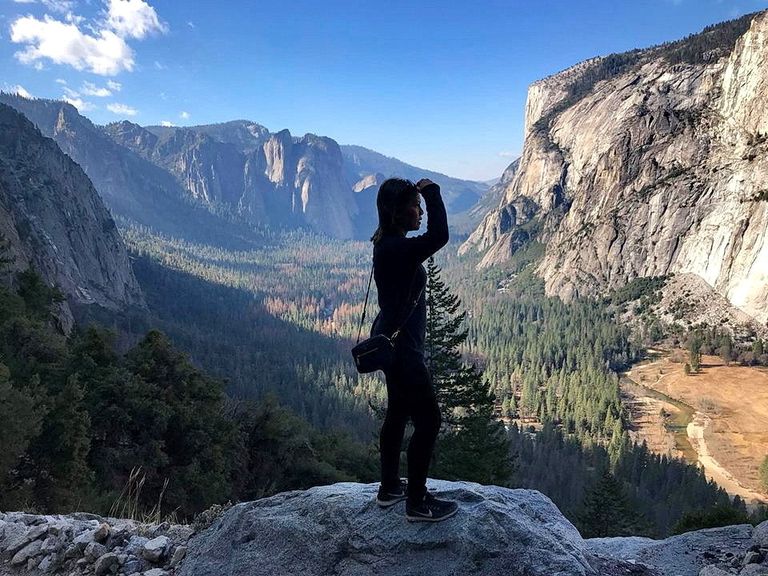
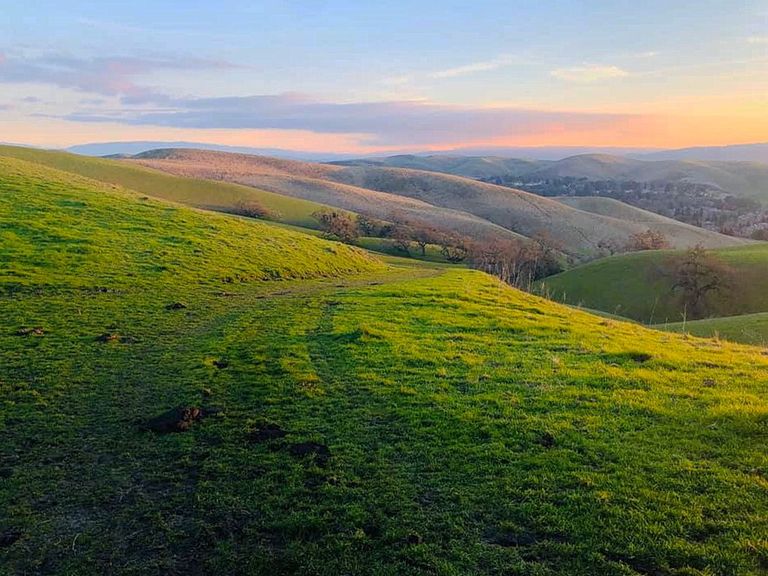
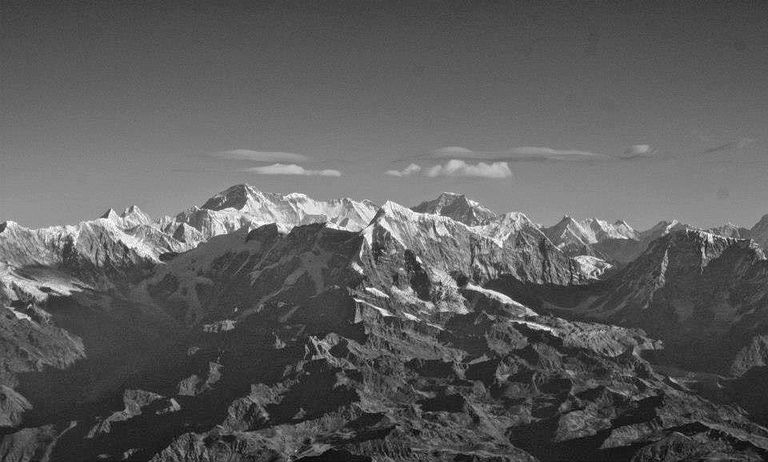
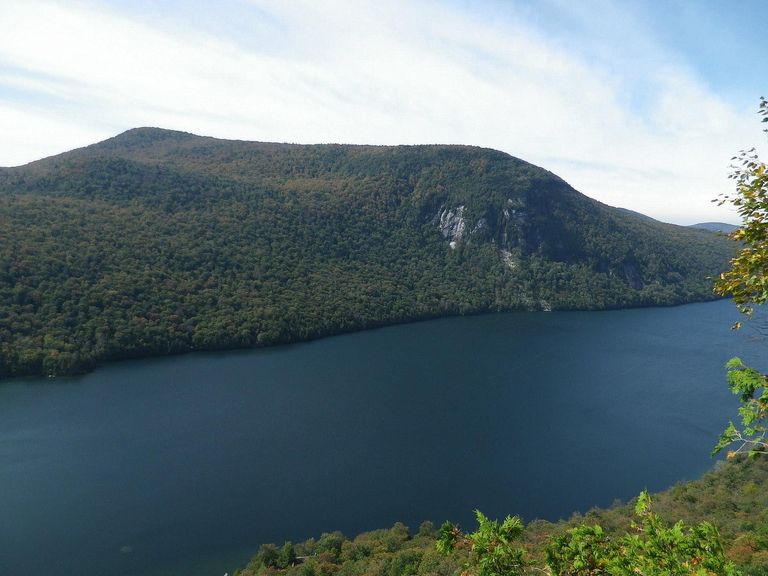
Immensity and Solitude
One of the most striking qualities of mountainous regions is their immensity. You can’t help but feel small standing next to a mountain that has stood for millions of years, its weathered rock face telling stories of time long gone. This vastness gives you perspective—on your worries, your place in the world, and even on life itself. In the face of such timelessness, many of life’s stresses seem trivial, and that alone can bring a deep sense of relaxation.
Mountains often stand in regions of quietude, away from the noise and chaos of modern life. The solitude they provide is more than just an escape; it’s a chance to reconnect with a primal sense of being. With no rush, no deadlines, and no expectations, the mountains offer a rare opportunity to slow down, listen to the wind in the trees, and feel the rhythm of your own heartbeat.
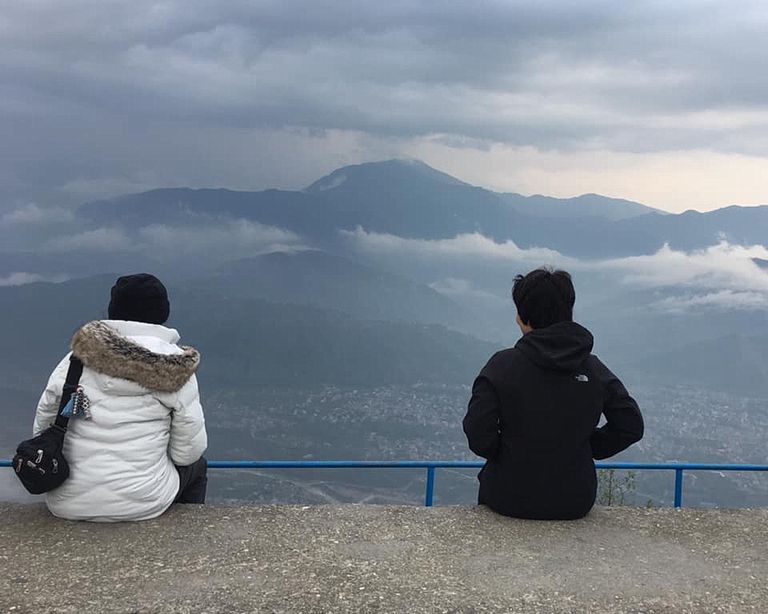
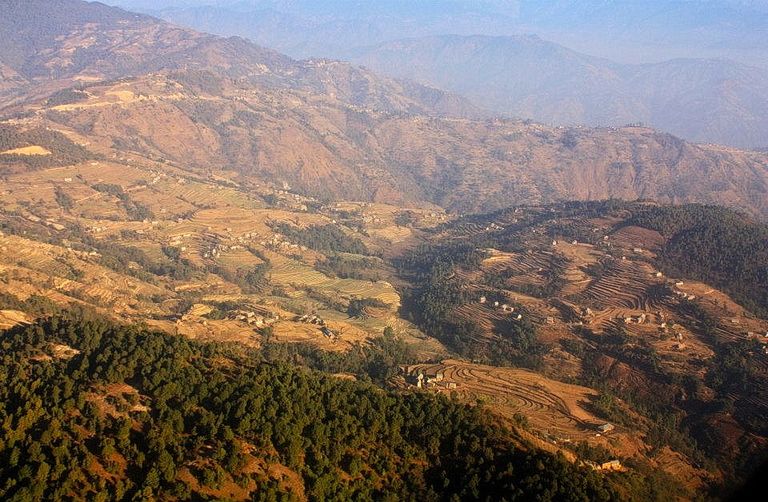
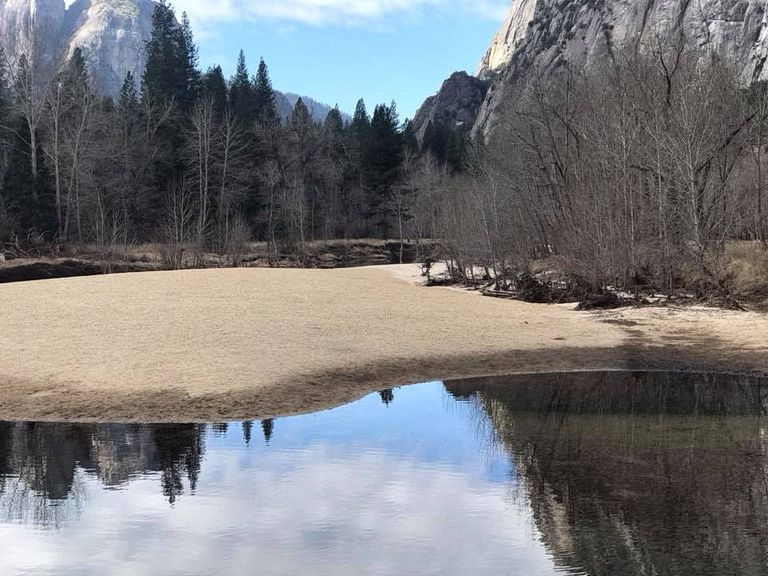
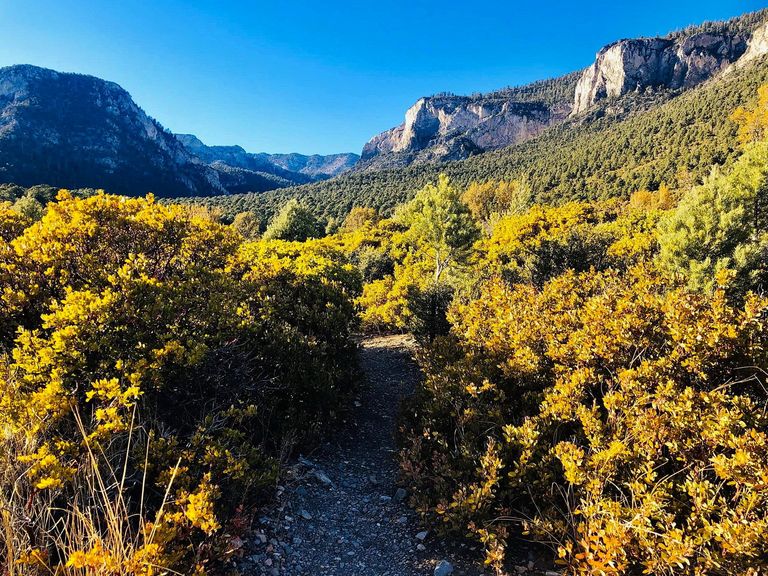
The Freshness of the Air
Breathing in the crisp, cool mountain air is rejuvenating. There’s a noticeable difference between the air quality in high-altitude landscapes and urban settings. At higher elevations, the atmosphere is thinner, and the air is purer, free from the pollutants that so often cloud our lungs in city environments. With every breath, you feel lighter, fresher, more attuned to your body and surroundings.
The act of breathing itself becomes meditative in the mountains. The deep inhales and exhales, as your body adapts to the elevation, bring a sense of mindfulness. This deliberate engagement with each breath is what leaves you feeling both alive and deeply relaxed. It’s as though the mountains encourage you to return to the simplest, most essential rhythms of life.
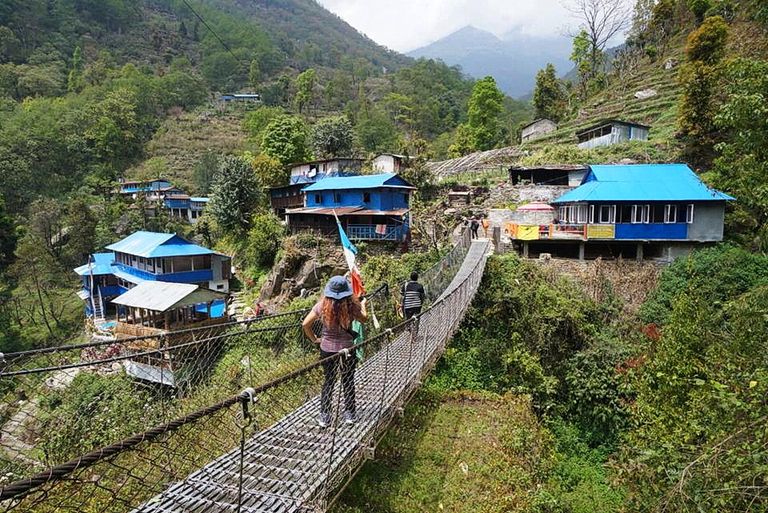
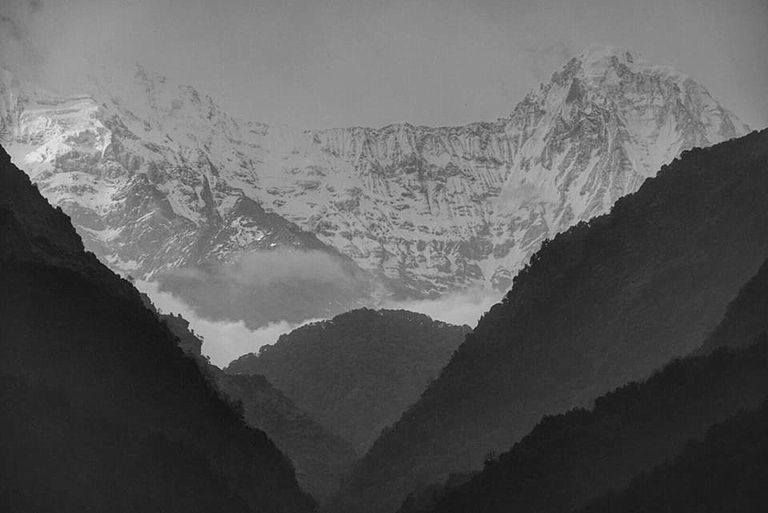
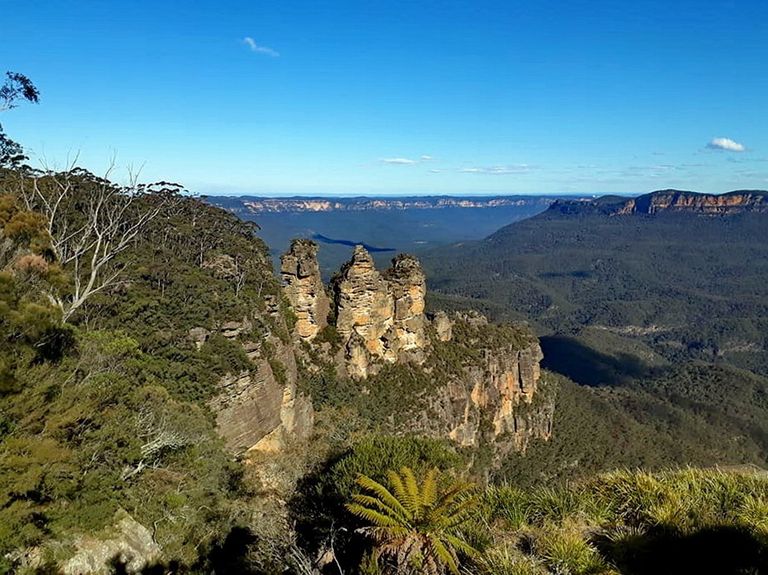
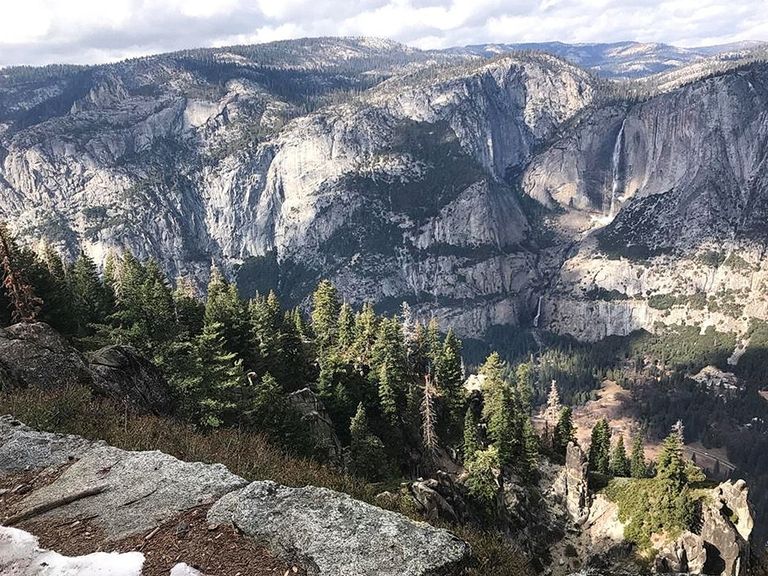
A Challenge That Heals
For many, mountainous landscapes symbolize adventure. Whether it’s hiking, climbing, skiing, or simply walking along a mountain path, these landscapes invite exploration. There’s something about the challenge they offer—sometimes physical, sometimes mental—that makes you feel more in tune with your own capabilities.
Yet, alongside this challenge, there’s healing. The act of pushing your body to ascend a steep trail, only to be rewarded by breathtaking panoramic views, awakens something primal. This contrast—between the effort exerted and the beauty witnessed—nurtures the spirit. The endorphins released during physical activity create a sense of euphoria, and at the summit, the struggle fades, replaced by tranquility and awe.
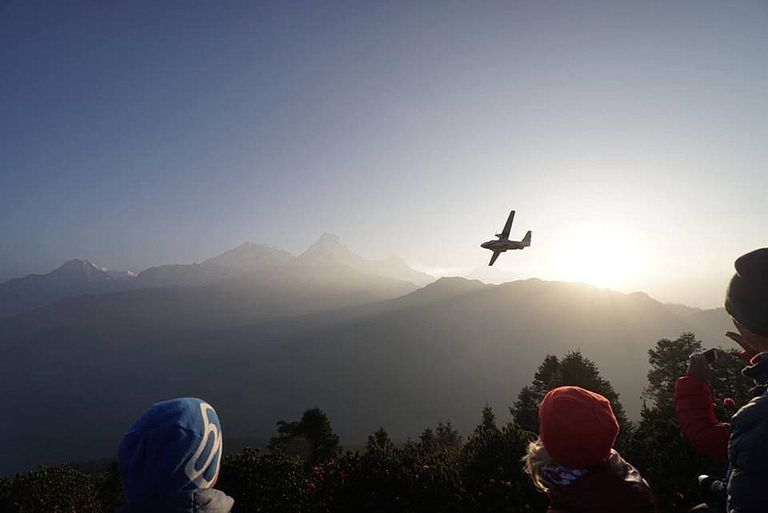
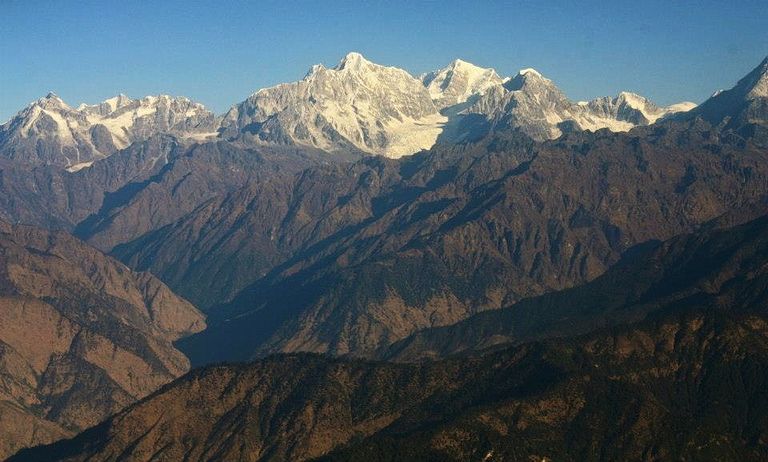
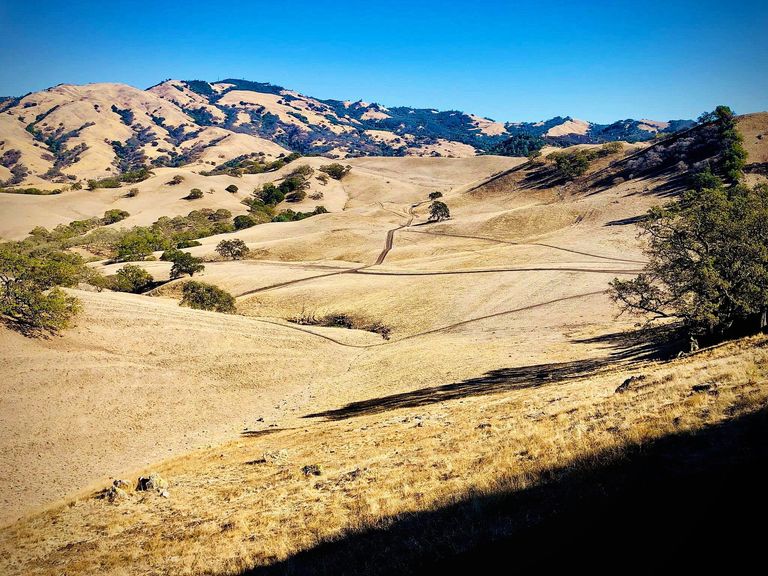
The Sounds of Nature
It’s not just the sights and the air that make mountainous landscapes so transformative—it’s the sounds, or often, the lack thereof. The quiet of the mountains is its own kind of music. In place of the drone of traffic, you hear the rustling of leaves, the distant call of a bird, the gentle trickle of a stream carving its way down a valley.
There’s also the powerful silence that can be found only in these remote locations. This silence, far from being unnerving, brings comfort. It allows you to reflect, to think, and, perhaps most importantly, to simply be. In these moments, you aren’t required to produce, perform, or even interact. The mountains accept you as you are, and in return, you learn to accept yourself, too.
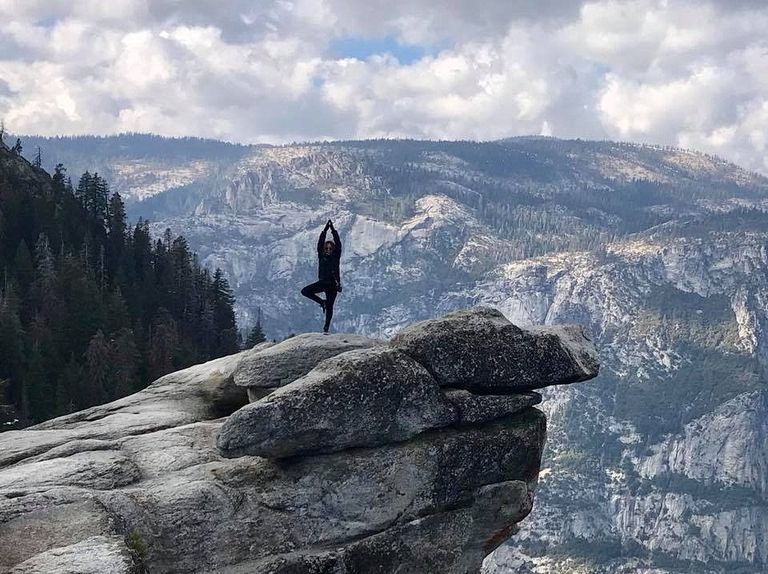
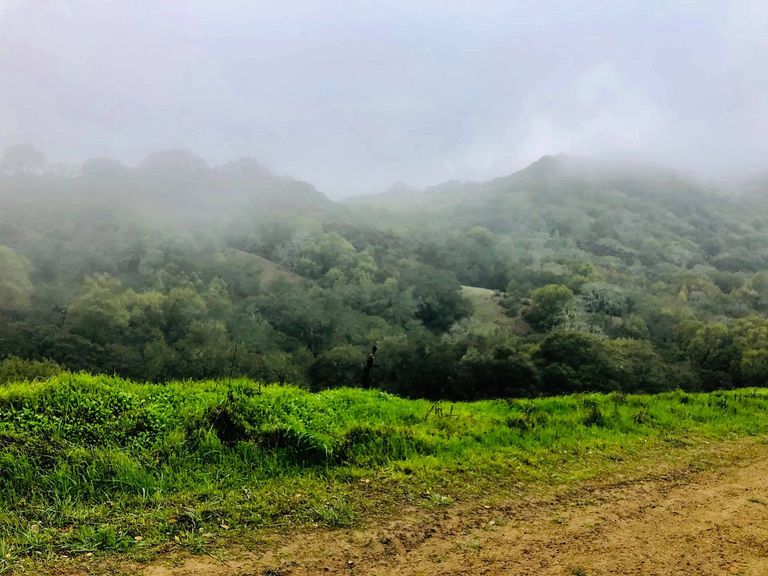
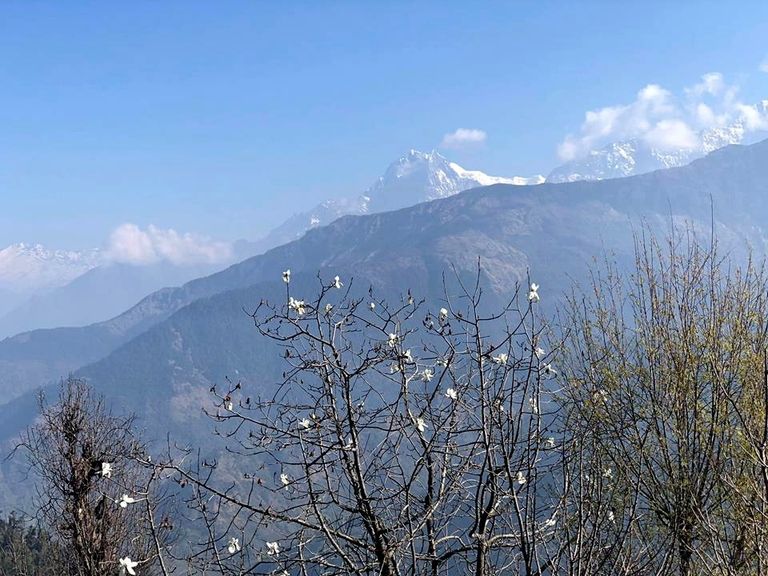
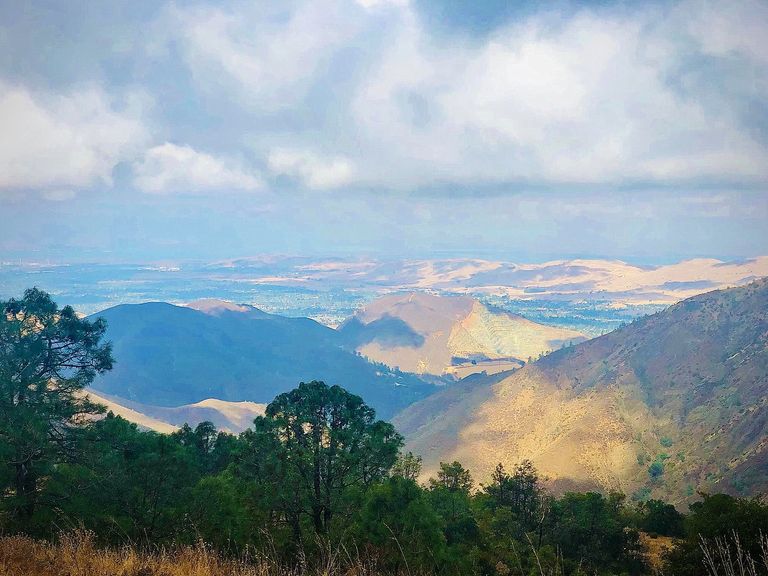
Universal Connection
No matter where in the world you find yourself—whether in the jagged ranges of Patagonia, the volcanic peaks of Hawaii, or the snowy crests of the Swiss Alps—mountainous landscapes share a universal quality. They remind us of our inherent connection to nature. The beauty of the mountains transcends cultures and borders. While the specifics of mountain experiences may differ (a Tibetan monk meditating in the Himalayas will have a different interaction with the landscape than a backpacker in the Rockies), the emotions elicited by these environments are often remarkably similar.
That feeling of being alive, alert to the world around you, and yet so relaxed, is a testament to the mountains’ power. They strip away the excess, leaving only the essentials—your breath, your thoughts, the earth beneath your feet.
In a world that often moves too fast, the mountains invite you to slow down, to appreciate life’s simplicity, and to find peace in its vastness. The landscapes may vary, but the feeling remains constant, whether you're in the Andes or the Alps. And in those moments, high above the hustle and noise of daily life, you’re reminded of what it means to truly feel alive.
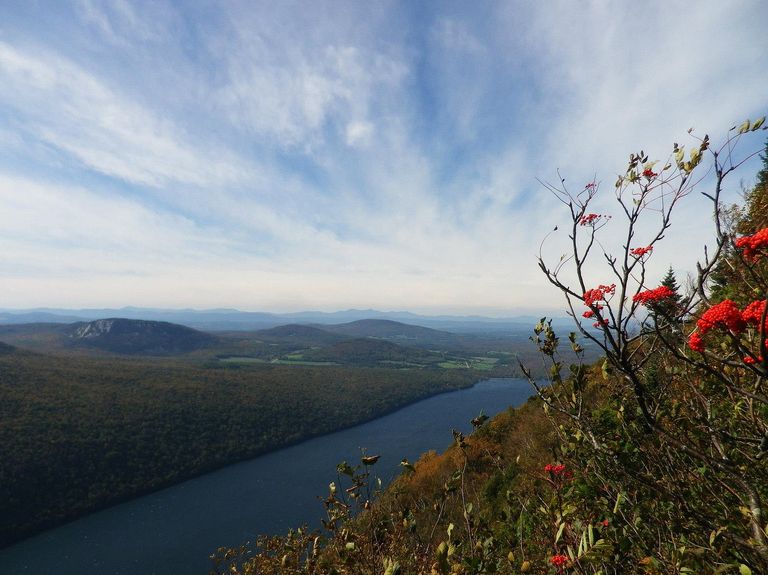
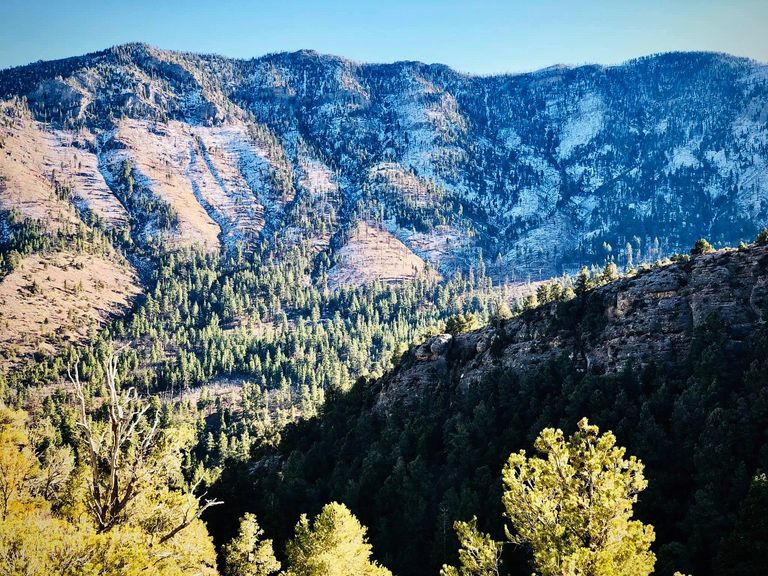
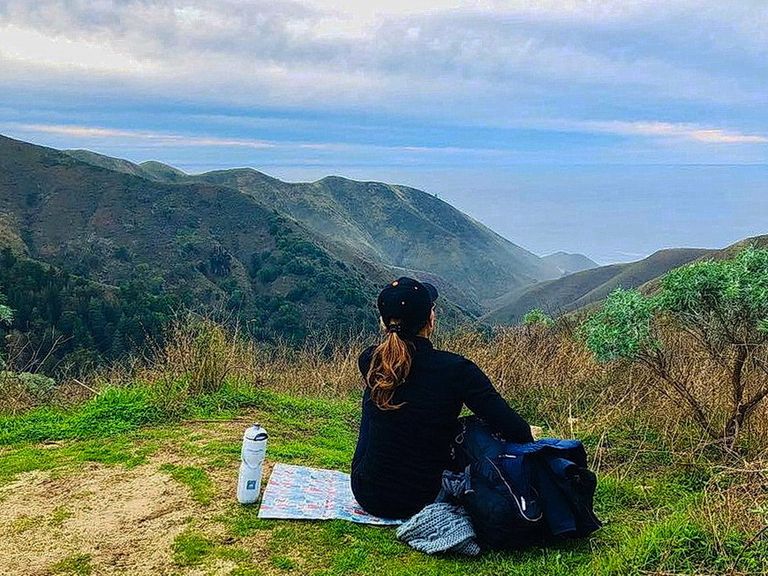

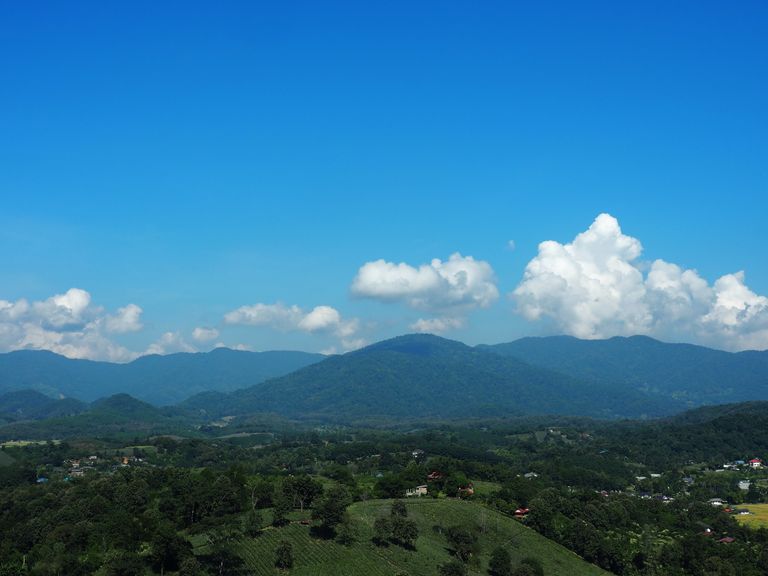
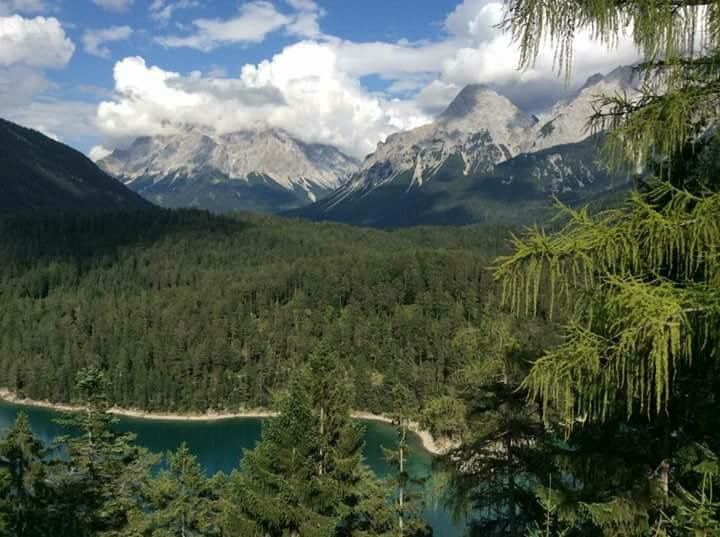
Thank you sir for sharing beautiful photo
¡Queremos leerte!
Entra y publica tus artículos con nosotros.
Vota por el witness @cosmicboy123
Telegram and Whatsapp